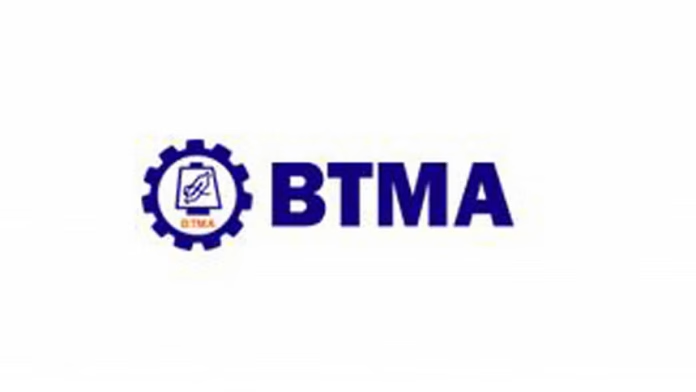Leaders of Bangladesh’s textile industry have warned the government to withdraw a new 2% tax on raw material imports by Monday or face major factory shutdowns and job losses.
At a press conference at the capital’s Gulshan Club on Saturday, the Bangladesh Textile Mills Association (BTMA) said the new Advance Income Tax (AIT) on imports like cotton and synthetic fibres will put huge pressure on local mills that are already struggling with high gas prices, falling exports, and limited cash flow.
“If the government doesn’t cancel this tax by Monday, cotton will remain stuck at the ports, factories will close, and revenue collection will suffer,” said Abdullah Al Mamun, vice president of the apex body of the textile millers.
Mamun said that although the tax is supposed to be adjusted later, in practice that rarely happens. Mills will need to take fresh loans just to pay the tax.
He warned the total tax burden could rise to nearly 59%, up from 27.5%, making Bangladesh’s textile products more expensive than those from other countries.
“Neighbouring countries are helping their industries. We’re pushing ours to the edge. At least 90% of mill owners are now thinking of selling their factories,” lamented Mamun.
BTMA President Showkat Aziz Russell, who runs both textile and denim factories, said he may now import yarn from India instead of buying locally, as the tax makes domestic products unaffordable. “No local mill can survive with this tax,” Russell said.
BTMA leaders also said that the sector is facing serious power and gas shortages, and the added tax and VAT increases come at the worst possible time.
Other industry groups, including the Bangladesh Knitwear Manufacturers and Exporters Association (BKMEA) and the Bangladesh Terry Towel and Linen Manufacturers and Exporters Association, supported BTMA’s demand.
“If the tax is not cancelled now, it could destroy the industry. This is not just a business issue—it’s a national issue,” stated Saleudh Zaman Khan, BTMA vice president.

